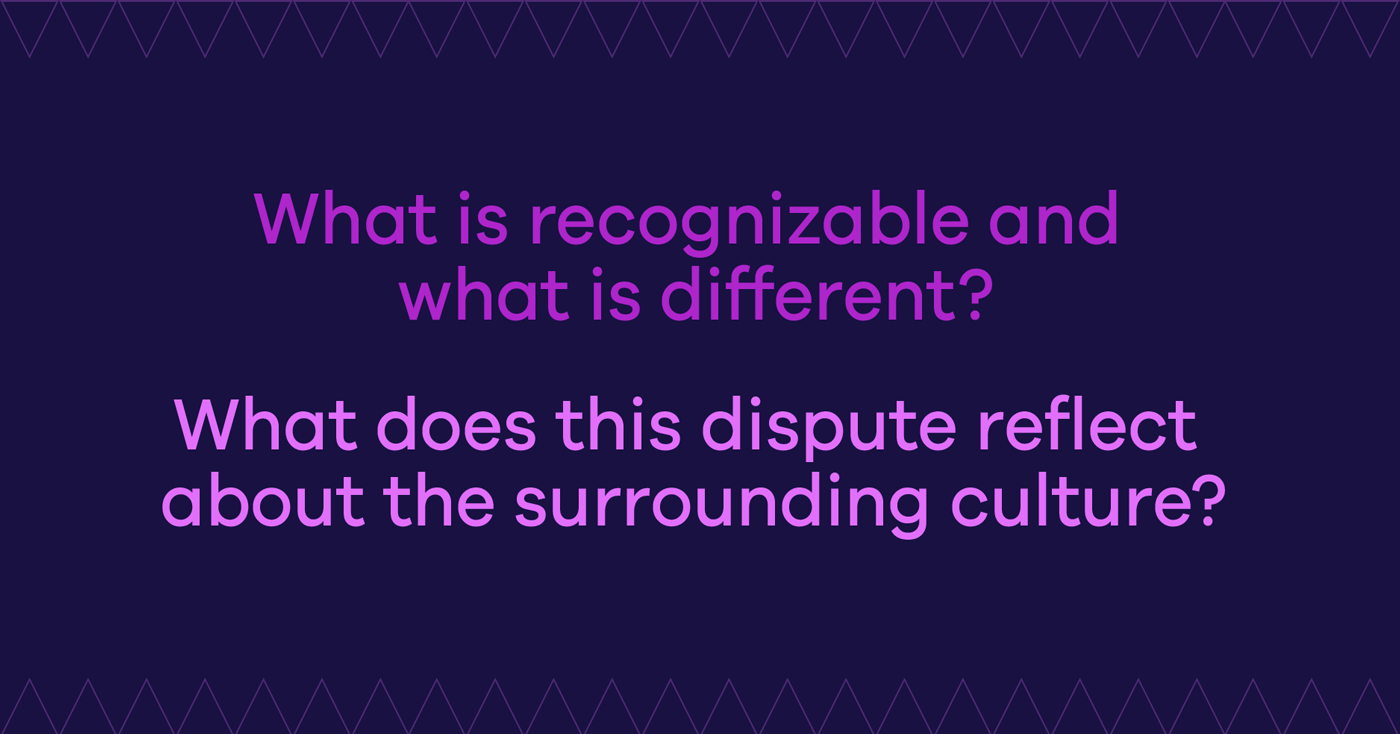Out of Africa: Anthropological Insights for HR Professionals
The particular gift of the outsider mediator is to be aware of things unwritten but influential, unseen but played out each day in business activities and bring this to the notice of individuals engulfed in conflict.

African Story
It’s probably not an accident that a social anthropologist, who studied East African communities, finishes up in the tribal grounds of the workplace as a mediator.
Since the 1980s, Australian workplaces have increasingly invited mediators to sort out disputes. The invitation, usually extended by the HR Manager, often commences with the failure of internal processes.
Disputes arise from the anthropological stew and reflect how an individual relates to his or her task and each other, and the environment or culture that sustains or undermines their work. Like the social anthropologist, the mediator asks, what is going on here? What is recognizable and what is different? What does this dispute reflect about the surrounding culture? And, what is happening as a response to me being here?
An HR Manager rang me recently to request an urgent mediation. Two work colleagues in an IT unit were verbally abusing each other and walking out of meetings, over mutual accusations of bullying and power games. The whole team was now affected and the newly appointed Team Manager was struggling to cope. Internal attempts to resolve differences had failed. No formal claims or grievances had been initiated but threats abounded.
Anthropologists sit cross-legged in the village compound, patiently learning the language and engage in the daily comings and goings. So in the first instance I sat in a series of private conversations, linking up in my mind various elements, as elders used to sketch patterns in the dust to explain a family lineage to me.
The patterns start with the terms in which the dispute is framed. Presented as “interpersonal,” the real issues for resolution may be more systemic or structural. Was the invitation to mediate a way for the HR Manager to shift log jams internal to the executive group? Or was it to some degree the outsourcing of managerial responsibility? If the mediator is blind to these elements when moving about the organization disputes can escalate or reinforce poor practice or cynicism.
In this matter, it soon became clear that the two fighting disputants were playing out confusions of role and accountabilities in the business unit. Rapid growth in the business had led to unclear decision-making processes, neglect of sound meeting procedures, and avoidance of tackling head on unacceptable behaviours.
Workplace Intervention
So what was done in this case?
- Management to decide on roles and responsibilities as a starting point
- Mediator to provide conflict coaching for the team manager
- Mediation meeting with the two colleagues and their team manager, where the discussion was spent not so much on working arrangements, who had control over what (now clarified), but on interpersonal styles and misperceptions
- A way forward was agreed and continued conflict coaching to the Team Manager for a month
- Debriefing the HR Manager on the process and lessons for next time
- A review and fine-tuning of grievance procedures
Lessons for HR Professionals
It is important that you take time to read and follow your policies and procedures when a dispute surfaces – they are your best protection. A lack of clarity about when and how the policy applies means that management often makes poor strategic choices about what process best fits a particular situation.
Usually, management adopt a rights approach too early when an interest-based approach would have resulted in better decisions and potentially less collateral damage. So design your procedures carefully and flexibility, mediate early and have the capacity to mediate after a formal grievance or return to mediation after investigation. In this way, issues of ongoing interests, relationship and productivity can be addressed rather than left to deteriorate during the dispute resolution process.
Sometimes, management or employees and their advocates should state directly what is and what is not acceptable. Mediating away poor decision-making or inadequate commitment to preventing conflict can lead to cynicism about management and the role of the mediator.
Before you invite a mediator in
Know your anthropologist! Key questions to ask before inviting them into your village –
- How will you go about mediating in this organization? What is your plan and what style or approach will you take? Will your intervention mean disputes are resolved or create further problems for us?
- What boundaries for your role will you define? Are you clear about who is your client? When will you know when to refer to them? What are the limits of your confidentiality? Do you understand how the elders have guardianship of the culture?
- What is your belief and commitment to organizational life? What is your understanding of the nature of authority and accountability in this organization? [Do you understand how the elders have guardianship of the culture? Understanding of how the elders have guardianship of the culture]
- How will you ensure that when you leave management and staff will be more empowered for the future? Will you leave with us with helpful insights and tools for the future? [Do you just observe anthropologically, or really care about us?]

 Copy link to article
Copy link to article